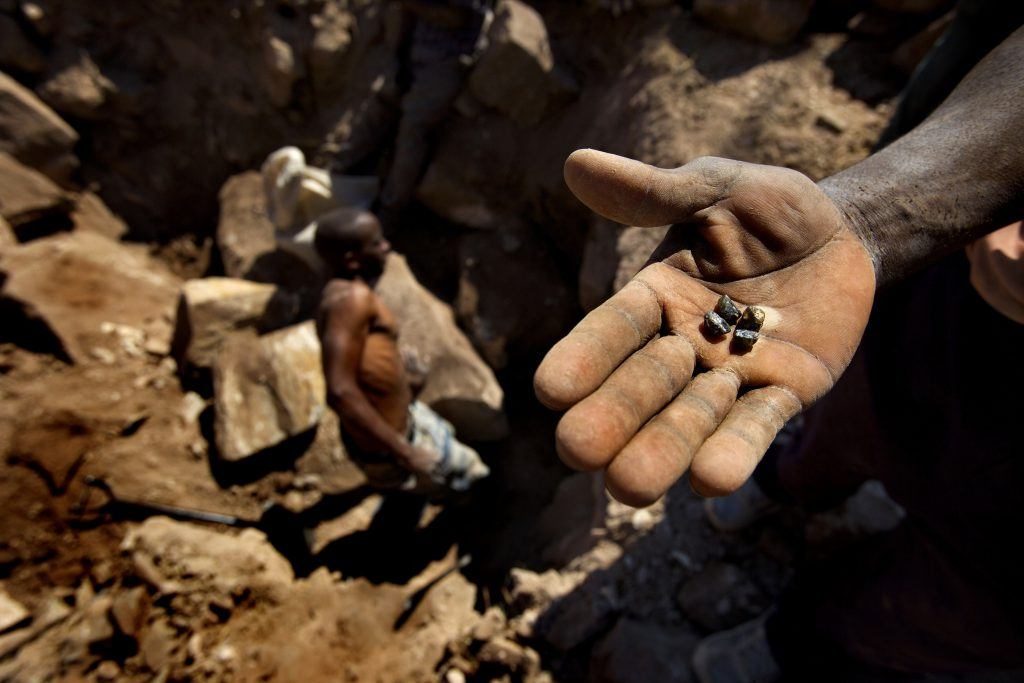
How Zimbabweans persuaded diamond companies and government to listen
The following excerpt is from an article that was published on the Publish What You Pay International Secretariat site on August 31, 2017. Read the full post.
Advocacy backed by data
In November, Mukasri Sibanda traveled to Jakarta to join the inaugural ranks of our “Data Extractors” — individual members trained in the technical art of identifying, obtaining and analysing financial information from governments and extractive companies. “I realised that it is important to empower communities with data literacy skills to enable them to drive the change process in the governance of mineral resources,” he said.
He brought this knowledge back to Manicaland Province, where PWYP Zimbabwe began working with existing community organisations, like schools and health centre committees, and instilled them with a powerful new mission. For all the diamonds in their soil, there was no reason their classrooms should lack books and their clinics lack medicines. Cyanide runoff shouldn’t pollute their rivers and kill their cattle. And with all the economic activity mines create, local residents shouldn’t be jobless or forced to illegally pan for diamonds, drawing the wrath of air force helicopters.
By backing residents’ concerns with data, Sibanda said, “we are simply trying to level the playing field.” Ill-informed, angry people are easy for companies and politicians to ignore; a united front of community leaders bearing spreadsheets are far more persuasive. The community organisations have bought into the idea, gathering in mining towns across Zimbabwe to learn about budgets, taxes and corporate social responsibility.
“Normally data is used by civil society and rarely by the communities themselves,” said Darlington Farai Muyambwa, who is the PWYP Zimbabwe’s national coordinator. “For Zimbabwe, this programme has been unique in how it managed to create interest for data at the grassroots level.”
One of those community groups is the Marange Development Trust, which lobbies public officials and companies on behalf of the residents of the diamond-producing region. “Data really helps us to do exactly what we are supposed to do on our own instead of relying on other organisations on our behalf,” said Malvern Mudiwa, the group’s chairman. Recently, for instance, the Trust persuaded local authorities at the Mutare rural district council to share two years of financial reports. The documents were extremely vague: In a district where mining is the principal economic activity, there was no line item for revenue from mineral taxes. PWYP Zimbabwe and the Trust were forced to deduce mining company contributions themselves, revealing that the local government has “never received a cent of tax revenue from the mining companies,” Mudiwa said.
Read the full post on publishwhatyoupay.org